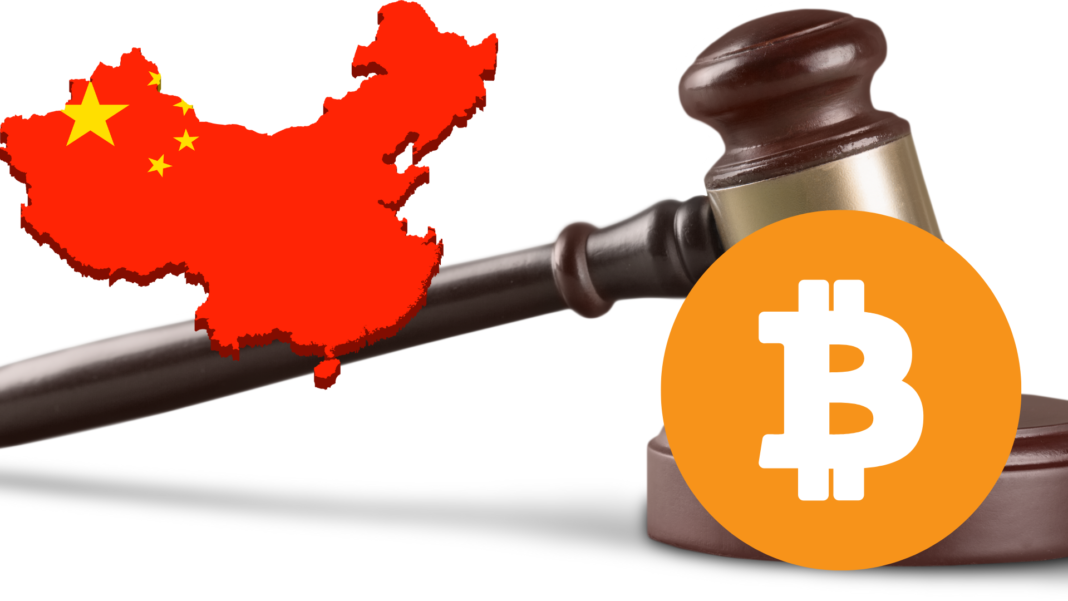China faces a growing problem with digital coins taken from illegal activities. Local governments must now find ways to sell these coins. Courts and the finance industry are calling for clear rules, Reuters reported.
Authorities have not yet set clear guidelines. This situation leaves room for varied practices that could aid criminals and lead to misuse.
Local Governments and Digital Assets
Many local governments in China are using private companies to sell seized cryptocurrencies. They need cash to help fund public services in a slowing economy. Recent documents show that some cities turn to these private firms to trade digital coins for cash.
The funds are then deposited into city accounts through local banks. This work has become a key source of revenue for some local areas. However, the lack of clear guidelines means that these practices are not always in line with the national ban on crypto trading.
Calls for Regulation and Change
Lawyers and judges are now pressing for a change in the rules. They want a clear, uniform process to manage seized cryptocurrencies.
Many experts argue that having these rules would cut down on corruption and illegal practices. They say that China’s central bank should take charge of these assets.
Some experts suggest that the central government sell the coins overseas or build a reserve, similar to some measures hinted at by U.S. officials. This shift in approach could change the face of China’s crypto industry.
Also Read: Shanghai Court Declares Cryptocurrency Ownership Legal In China Amid Growing Global Acceptance
Increased Cases and Rising Stakes
China has seen a rise in crime linked to digital currencies. Fraud, money laundering, and illegal gambling cases involving crypto have increased. In 2023, money linked to these crimes hit a record high.
Data from court documents and blockchain security firms show a significant jump in related cases. This increase has also boosted the money local governments earn from fines and asset seizures. The demand for new rules grows as more cases are reported.
Industry Views on Disposal Practices
Some experts believe that the current system is only a temporary fix. For instance, a professor from Zhongnan University of Economics and Law called the current practices a makeshift solution.
Lawyers from Shenzhen and Beijing share similar views. They argue that a more organised approach is needed. A uniform set of rules would protect the value of the coins and prevent future abuse.
Industry voices suggest that private companies should be regulated more closely. Only with clear guidance can they ensure the safe sale of these assets.
Future Changes on the Horizon
Senior judges, police officials, and attorneys are now discussing possible changes. They are meeting at seminars to share ideas. Many expect that a near-universal agreement will be reached soon.
Some experts believe that allowing courts to recognise digital coins as assets could be a game-changer for the industry. A more central method of handling seized cryptocurrencies may also help China get better value from these assets. Some even suggest establishing a crypto sovereign fund in Hong Kong.
The issues around seized cryptocurrencies continue to grow. As China cracks down on crypto trading and mining, legal and financial leaders are working on a better system. New rules could lead to a safer, more reliable process for disposing of confiscated coins.
Local governments might then have a clear path forward, reducing risks and curbing corruption. This shift in policy is set to reshape how digital assets are managed in the country. The coming months may bring big changes to China’s crypto landscape.


